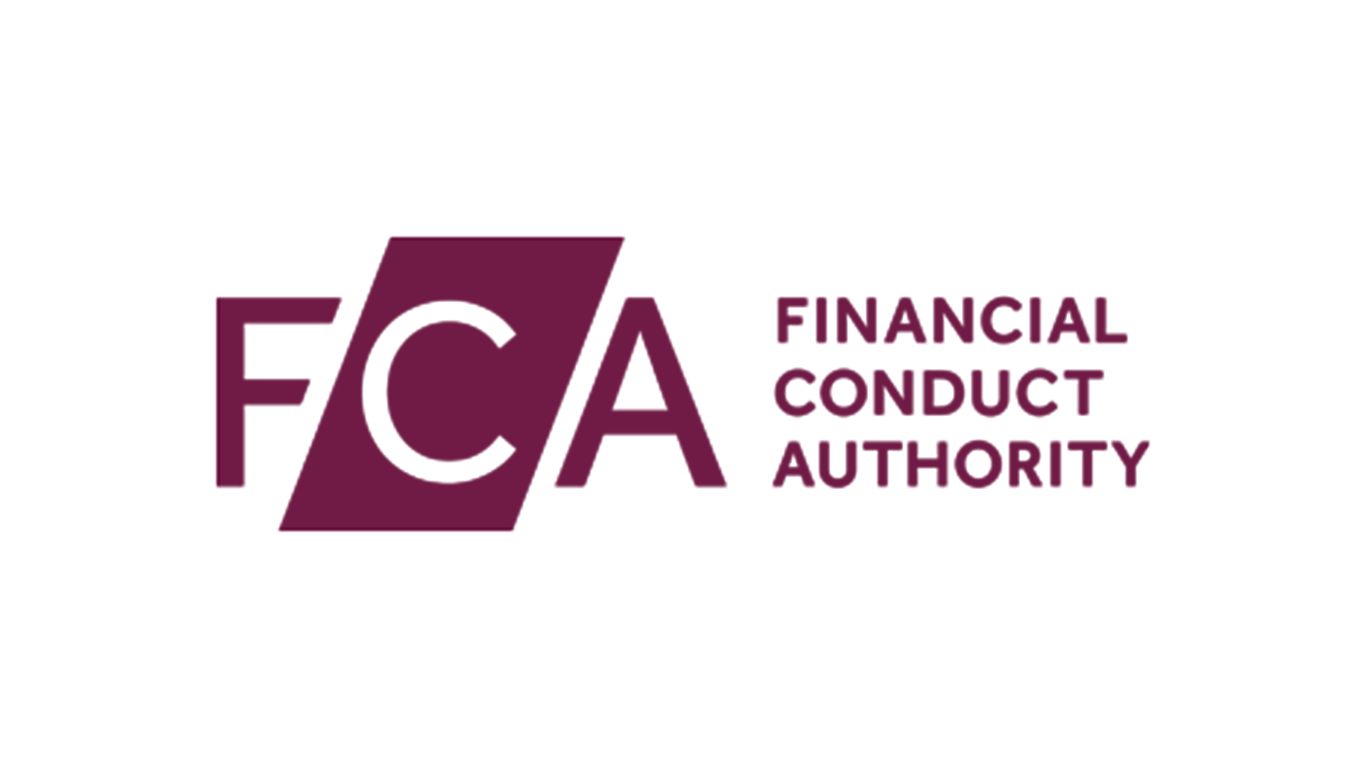Banco Industrial-Backed Zigi Sets A New Standard In...
- 10.12.2025 12:55 pm
10x Banking Partners With Audax To Accelerate Digital...
- 10.12.2025 09:55 am
Merchants Entrust SumUp's Business Account With...
- 10.12.2025 09:35 am
Accountants Predict Business Growth In 2026, But Warn...
- 10.12.2025 09:25 am
Publicis Sapient And Murex Partner With Aldermore Bank...
- 08.12.2025 09:05 am
10x Banking Partners With Audax To Accelerate Digital...
- 08.12.2025 08:30 am
Meridian Credit Union Partners With Personetics To...
- 05.12.2025 11:55 am
Temenos Named Best Core Banking System At Banking Tech...
- 05.12.2025 08:55 am
Propel Holdings Receives Regulatory Approval to Launch...
- 03.12.2025 11:55 am
Diebold Nixdorf Unveils DN Series® 300 and 350:...
- 03.12.2025 08:25 am
TrueLayer Hits 20 Million Users as Pay by Bank...
- 02.12.2025 08:35 am
HSBC and Mistral AI Join Forces to Accelerate AI...
- 01.12.2025 09:05 am






















